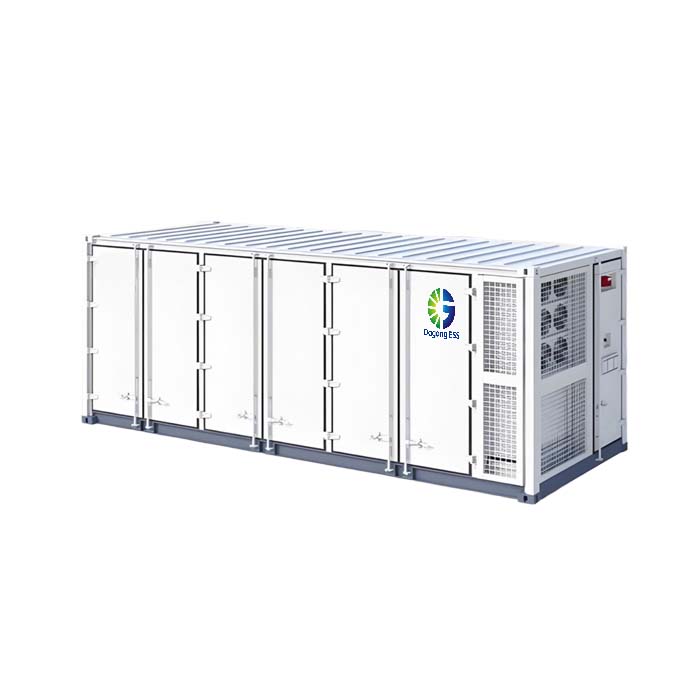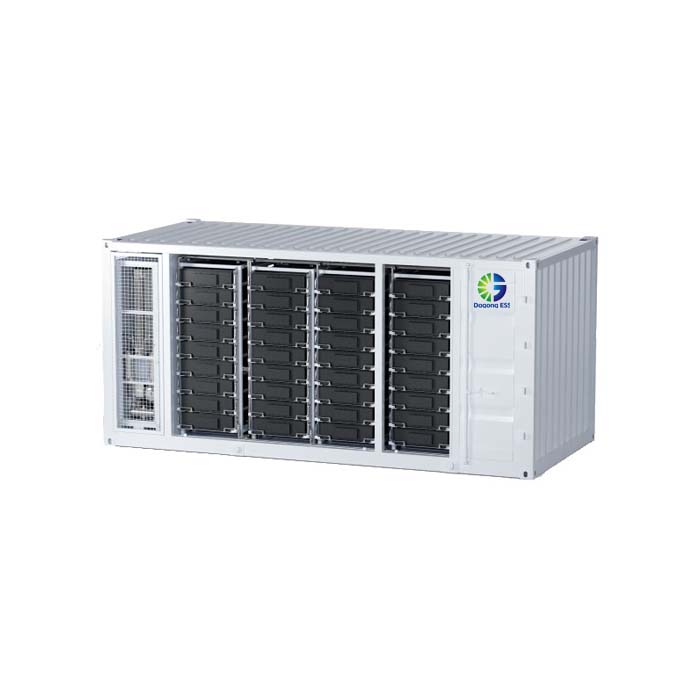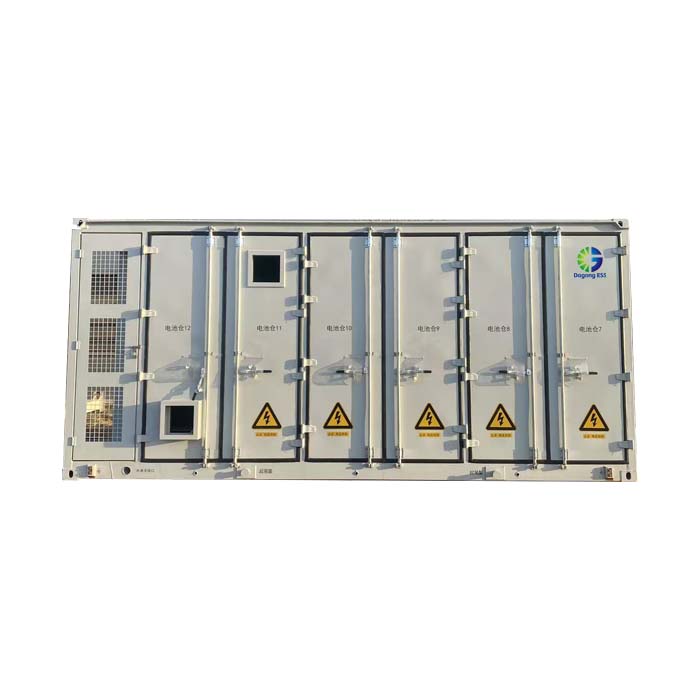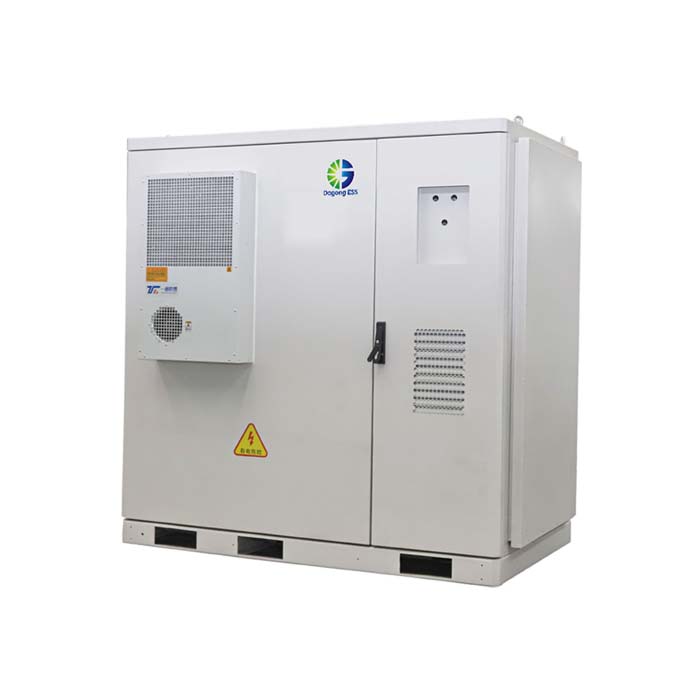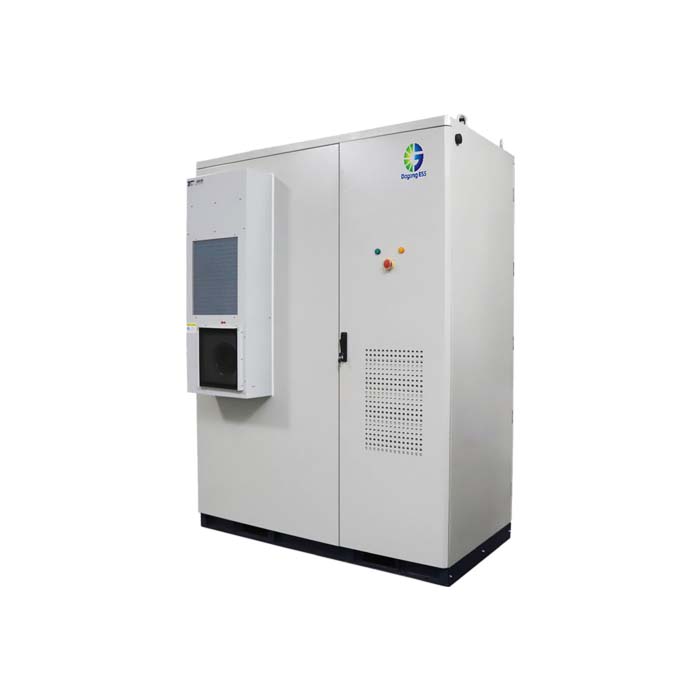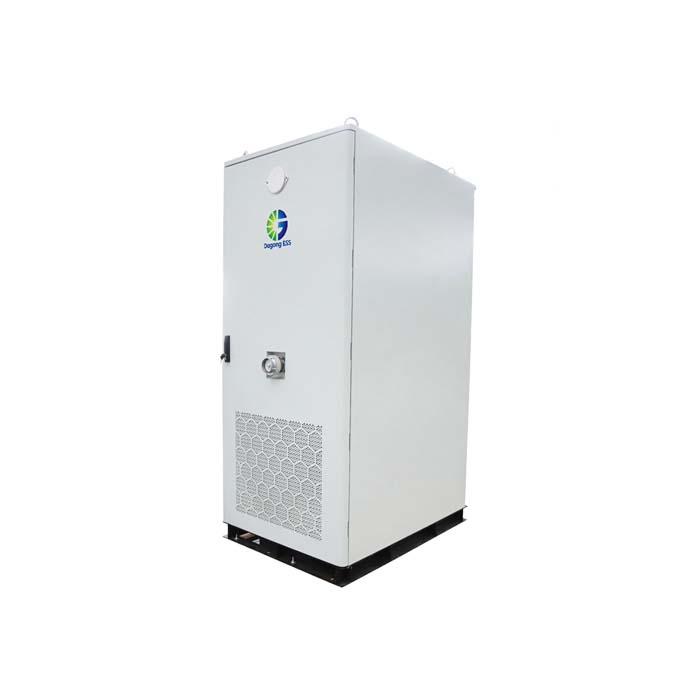How Independent Storage Earns from Electricity Trading?
What is Independent Energy Storage in Electricity Trading?
Independent energy storage refers to Battery Energy Storage Systems (BESS) that are not directly tied to a specific generation asset or consumer load but operate as standalone power market participants. These systems buy electricity from the grid when prices are low and sell it back when prices peak — a process known as energy arbitrage.
Beyond arbitrage, such systems participate in ancillary services like frequency regulation, voltage support, and spinning reserves, often within competitive power markets or capacity auctions. The flexibility and fast response of BESS make them ideal tools for market-driven revenue generation.
Types of Independent Storage Revenue Models
Energy Arbitrage: Charging when electricity is cheap and discharging when expensive.
Frequency Regulation: Rapidly injecting or absorbing power to stabilize grid frequency.
Capacity Market Participation: Earning standby fees by committing storage capacity during peak demand periods.
Demand Charge Reduction: Partnering with commercial users to flatten peak loads and share savings.
Virtual Power Plant (VPP) Aggregation: Small BESS units aggregated to behave like one large grid resource.
Utility-scale liquid-cooled and air-cooled systems (e.g., 241kWh, 372kWh, or 5MWh containers) are often deployed independently to maximize flexibility and ROI in these trading models.
Features of Independent Energy Storage Systems
Fast Response Time: Ideal for frequency and ancillary services.
Bidirectional Power Flow: Enables both energy purchase and sales.
Advanced EMS and Trading Algorithms: Automate market decisions and maximize returns.
Scalability: From 100kWh cabinets to multi-MWh containers depending on trading strategy.
Safety and Compliance: Systems like Dagong ESS offer CE, UN38.3, and MSDS certifications, critical for independent operation.
Applications of Independent Storage in Electricity Markets
Day-Ahead and Real-Time Markets: Participating in wholesale electricity price fluctuations.
Grid Congestion Relief: Earning payments by supplying local power during transmission constraints.
Off-grid Renewable Integration: Storing excess wind/solar energy and selling it during demand peaks.
Industrial Peak Shaving + Trading Combo: Dual revenue streams via customer-side load management and grid trading.
In regions like Australia, the UK, and parts of the U.S., independent BESS developers are now key market players. Systems such as 144kWh air-cooled or 215kWh liquid-cooled units can be combined modularly for utility-scale deployments.
Price of Independent Energy Storage Systems
The cost of energy storage systems for electricity trading depends on several factors, including system capacity, storage duration, battery type, control software, installation conditions, and auxiliary equipment.
Pricing is usually quoted under international trade terms such as EXW, FOB, or CIF, depending on project location and logistics preferences. For a tailored quotation based on your specific project needs, it's best to consult directly with the supplier.
How to Select Independent Storage for Your Project?
Define Market Strategy: Prioritize arbitrage, ancillary services, or hybrid.
Choose the Right Size: For frequency response, a 100–215kWh unit may suffice; for full trading portfolios, consider 1MWh+ systems.
Evaluate Thermal Management: Air-cooled vs. liquid-cooled depends on ambient conditions and duty cycles.
Check EMS Compatibility: Look for systems with open APIs and market integration tools.
Verify Certifications: Ensure compliance with local grid codes and international safety standards.
How Long Does Independent Storage Last?
A well-designed LFP-based energy storage system typically offers:
Cycle Life: Over 8000 cycles
Service Life: 15+ years under normal operating conditions
Warranty: Usually 5–10 years depending on manufacturer and usage
Routine maintenance and real-time monitoring can significantly extend system performance and uptime.
The Supplier of Independent Storage Systems
Several manufacturers provide commercial-ready BESS for independent trading. Solutions such as:
241kWh Modular Units
5MWh Liquid-Cooled ESS Containers
are already being deployed in global trading markets. Systems from reputable suppliers like Dagong ESS offer scalable configurations, certified safety, and smart EMS compatibility to support a wide range of trading strategies.
If you are interested in Independent Energy Storage products, please contact Dagong ESS.
Email: sales@dagongess.com
Website: www.dagongess.com


